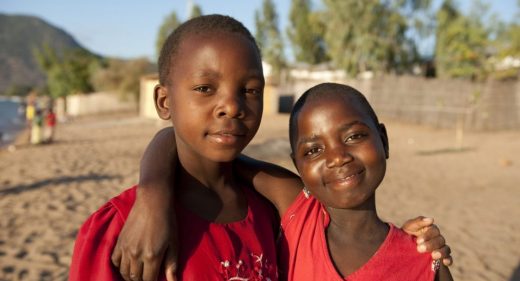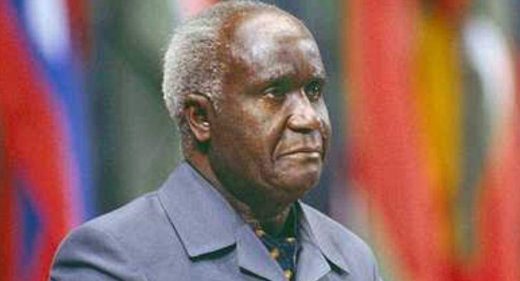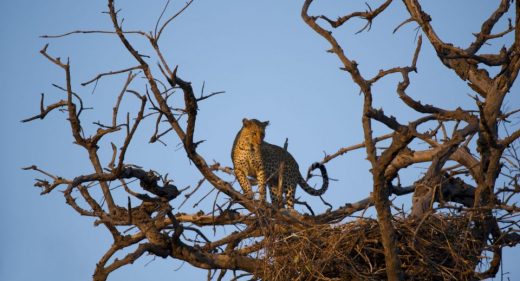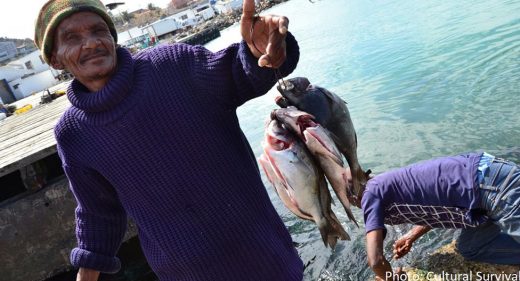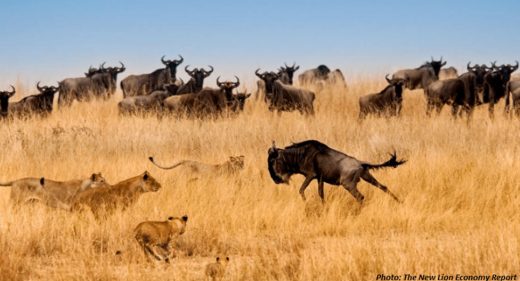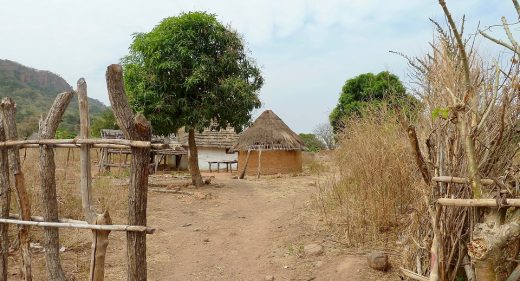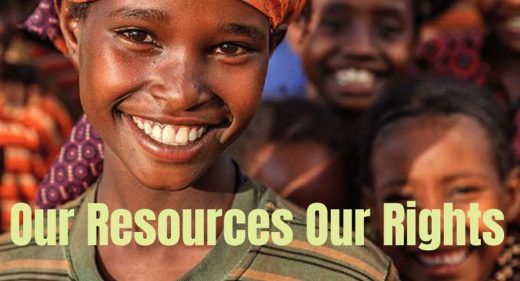In an article published on July 27, Financial Times correspondent, Joseph Cotterill reports on one of the Khoi and San communities in South Africa’s
As the UK parliament consider bans on hunting trophy imports, community leaders representing millions of rural Africans have launched an official complaint against one of the key players in the campaigns against trophy hunting.
The first president of the Republic of Zambia, His Excellency Dr Kenneth Kaunda, died yesterday, June 17, 2021, aged 97 years.
- Fighter for the liberation of southern Africa
- A pioneer of CBNRM, launching the Luangwa Integrated Resources Development project in the 1980’s aimed at devolving management of natural resources to the local communities
- We will miss our conservation friend
Sustainable use is a functional concept to mediate the tension between human being survival and the need for conservation of biodiversity.
The 2021 theme for World Oceans Day is The Ocean: Life and Livelihoods. With marine resources especially important for the coastal communities in Africa, the ocean is vital for countless livelihoods on the continent and throughout the globe.
I was determined to attend the IUCN One Future Global Youth Summit in April. Although I have been invited to a number of the youth network meetings, the agenda of the One Future Global Youth Summit spoke to my passion for what I am working on — the role of youth in advocating on climate action,
Mother Nature is exhausted and depleted. Are we legal professionals doing our best to contribute to its protection and recovery? We believe that it is not too late to harness the full power of environmental laws to provide solutions that can help solve conservation problems to the benefit of nature and the people who depend on it.
The old adage of ‘you can’t manage what you don’t measure’ applies equally to wildlife. Our recent State of the Wildlife Economy in Africa report clearly shows that we do not measure the value of wildlife in Africa very well.
PRESS RELEASE: Southern Africa Community Leaders Challenge Sir Ranulph Fiennes on Trophy Imports ban
Misinformation ignores African voices and right to thrive, not just survive – states the Community Leaders Network of southern Africa.
In a letter to Sir Ranulph Fiennes, the Community Leaders Network (CLN) challenges his calls to supporters and UK legislators to ban trophy imports.


